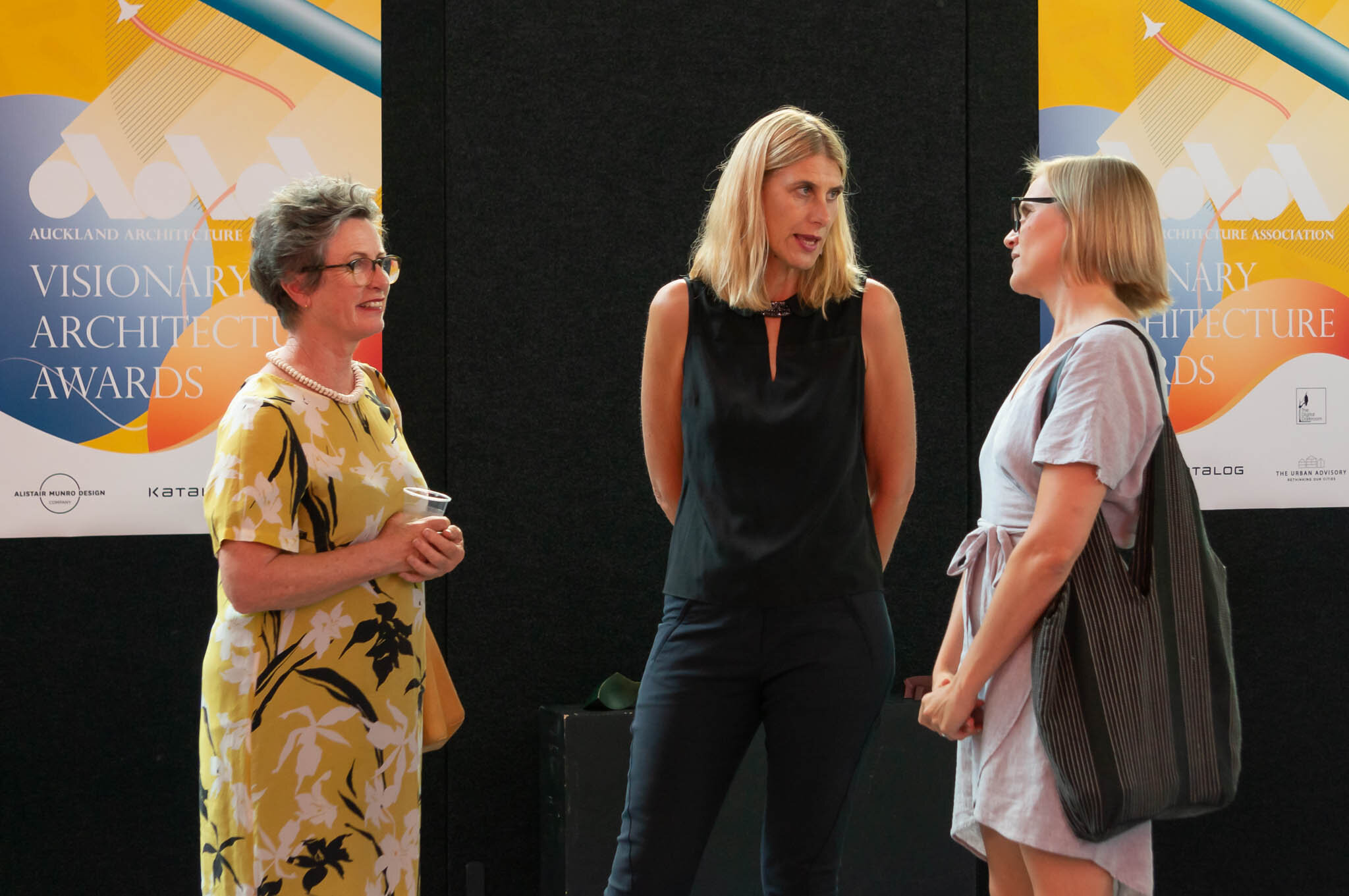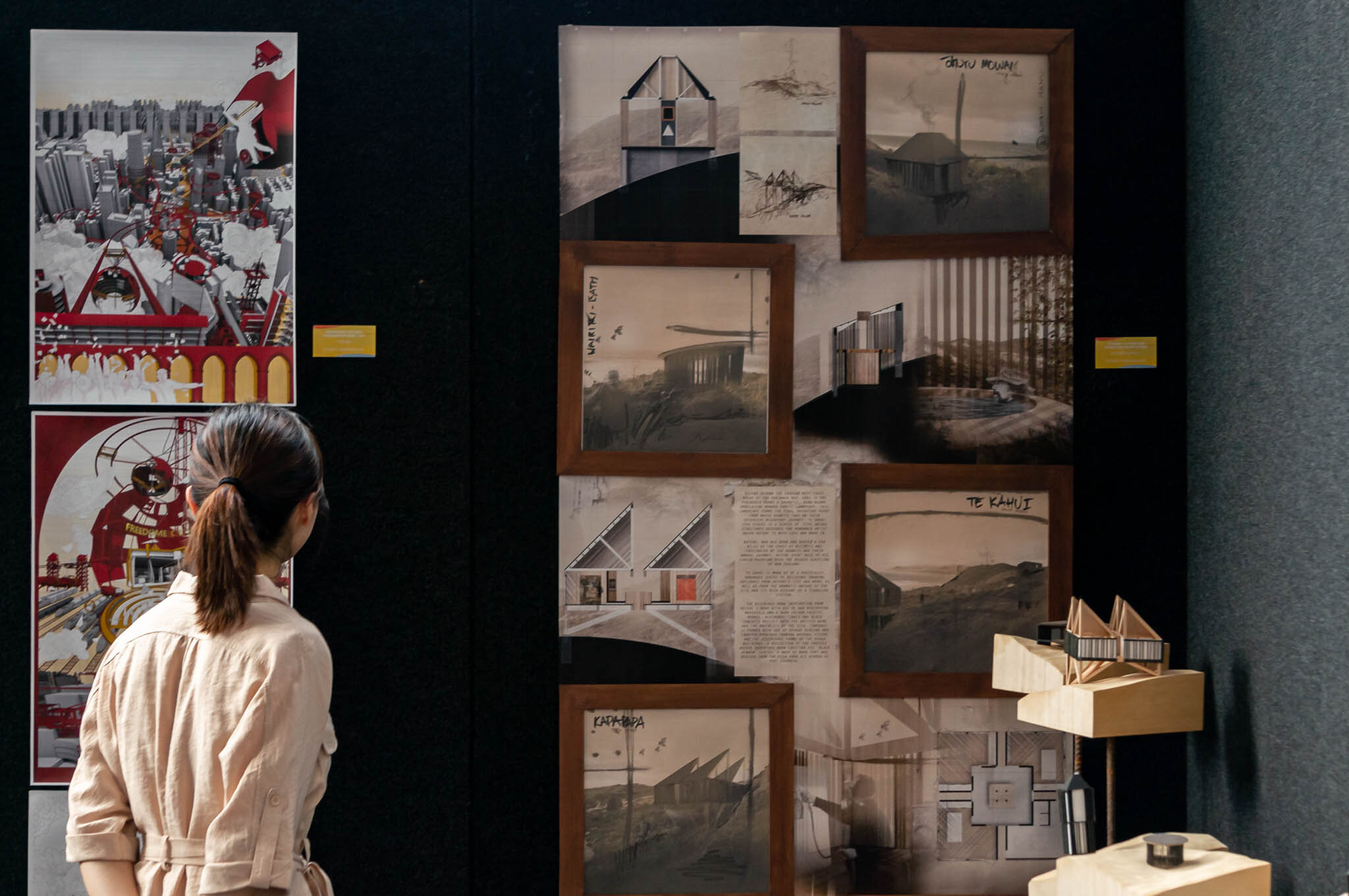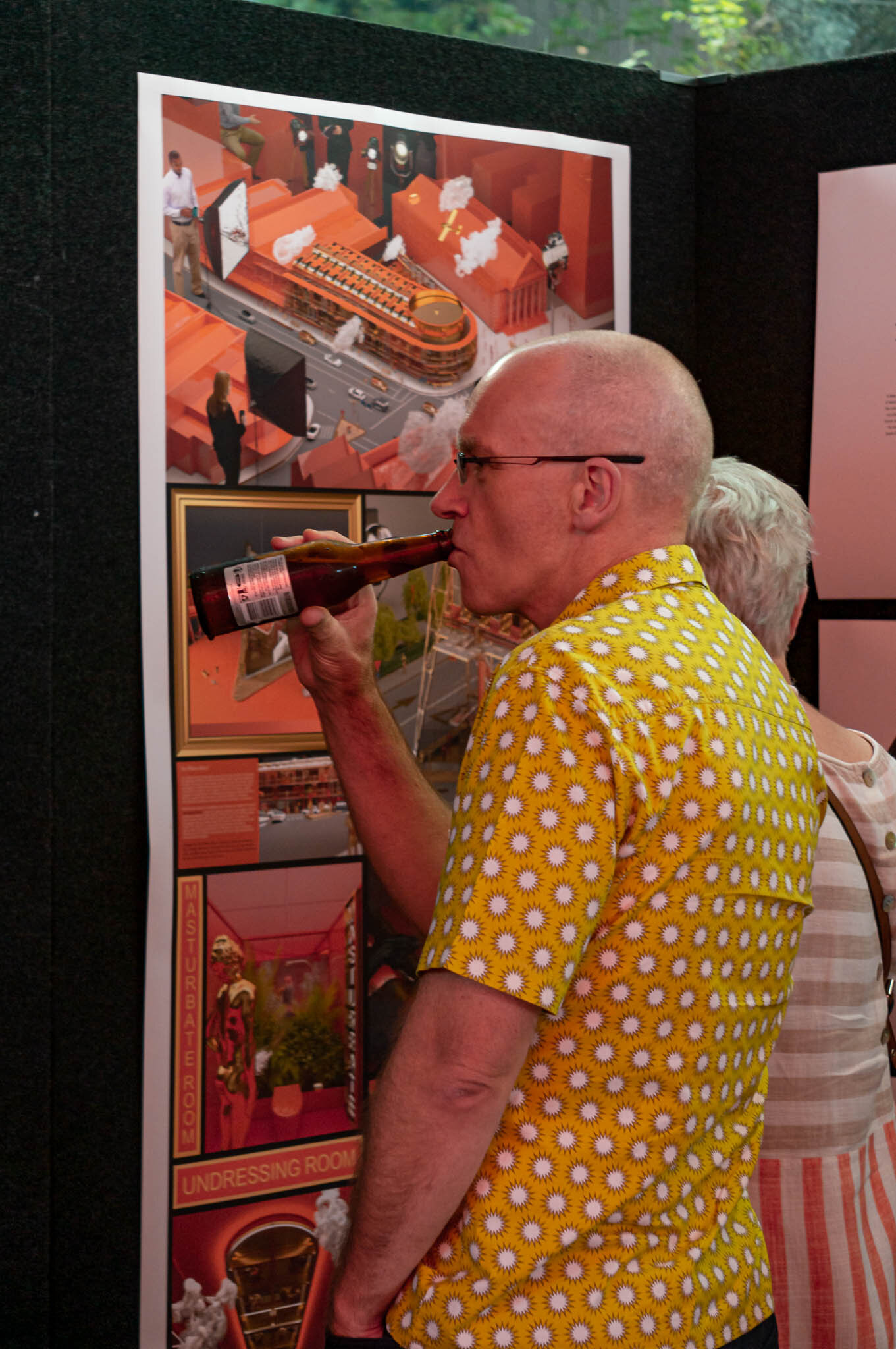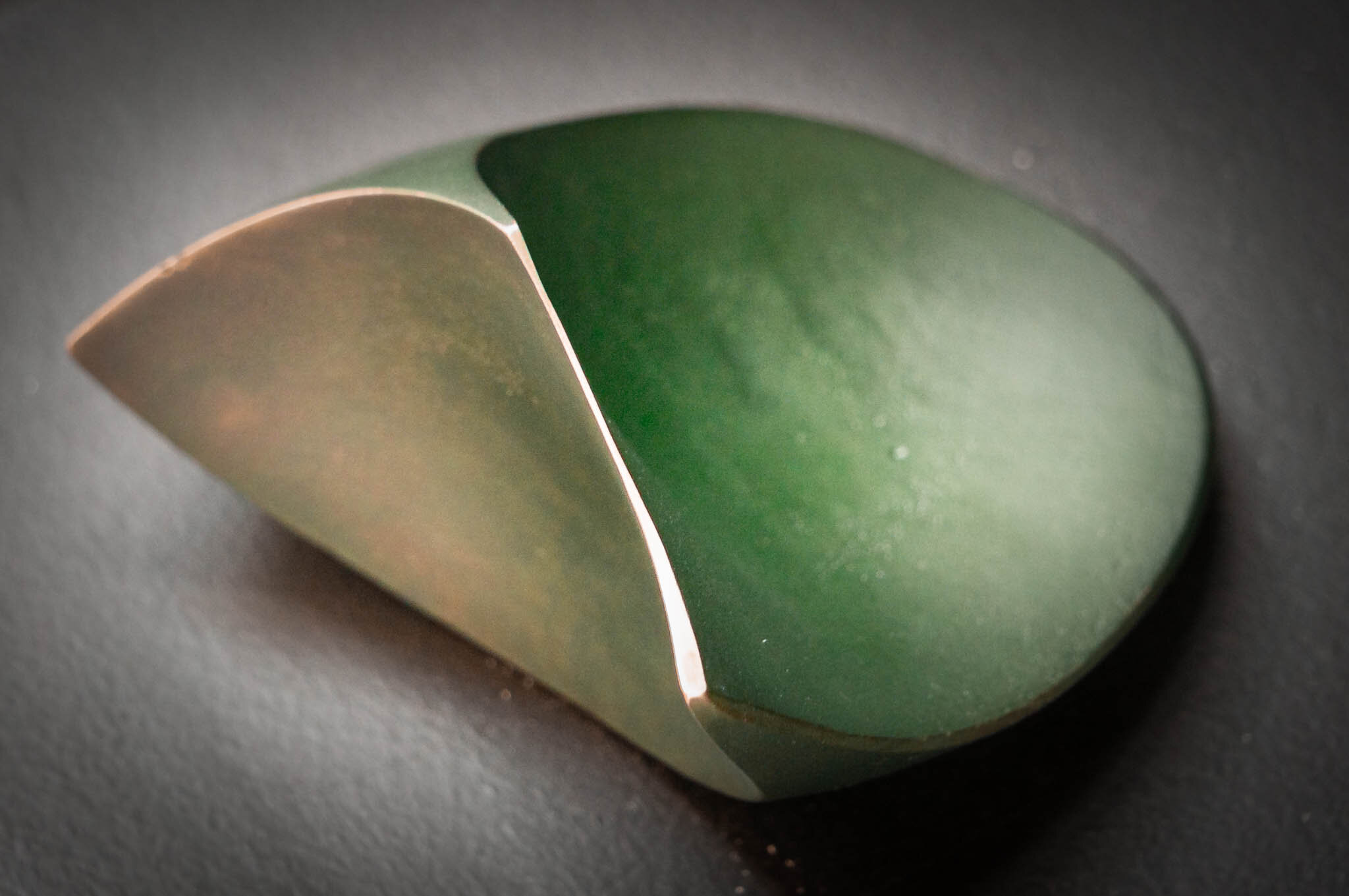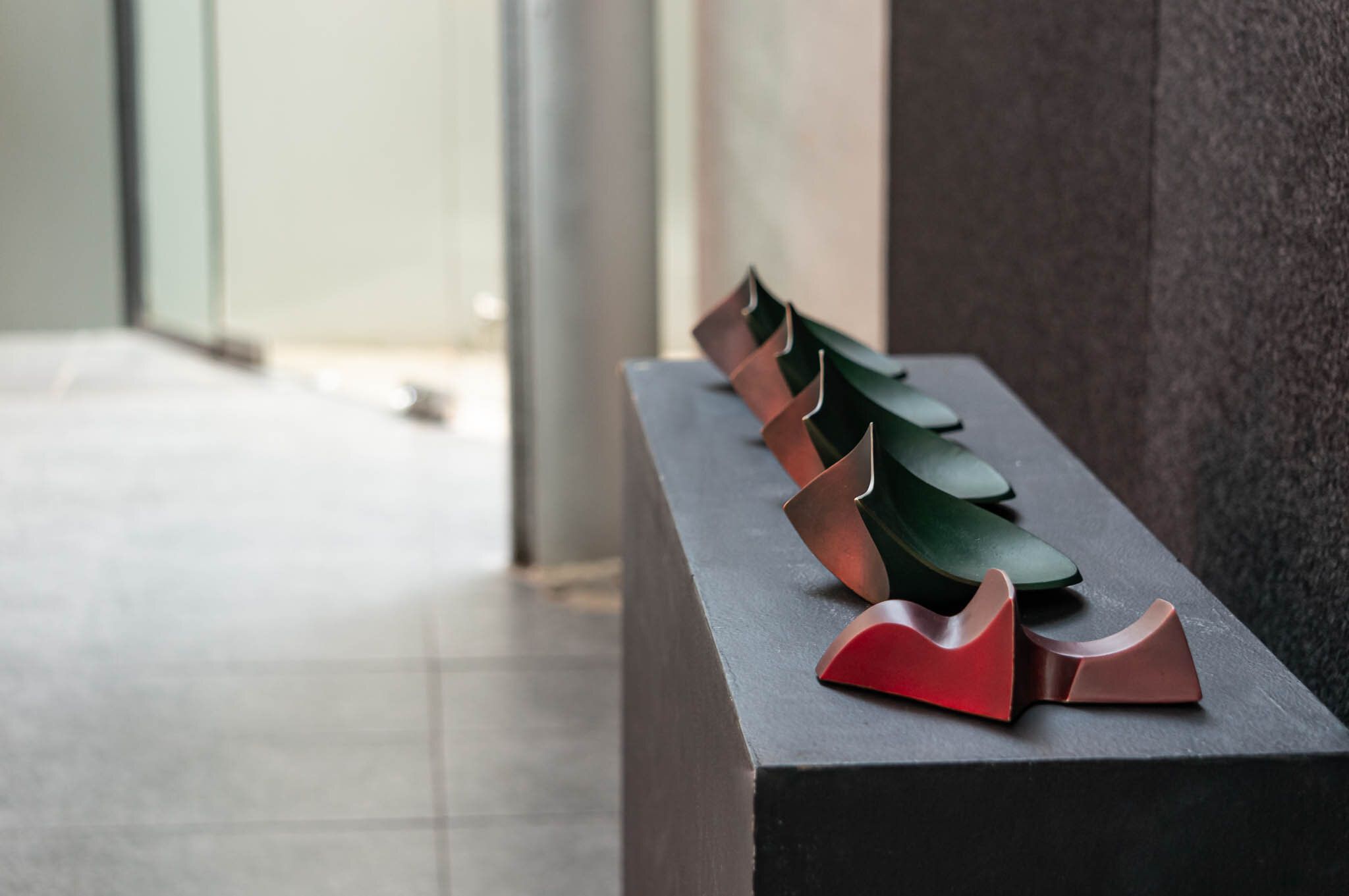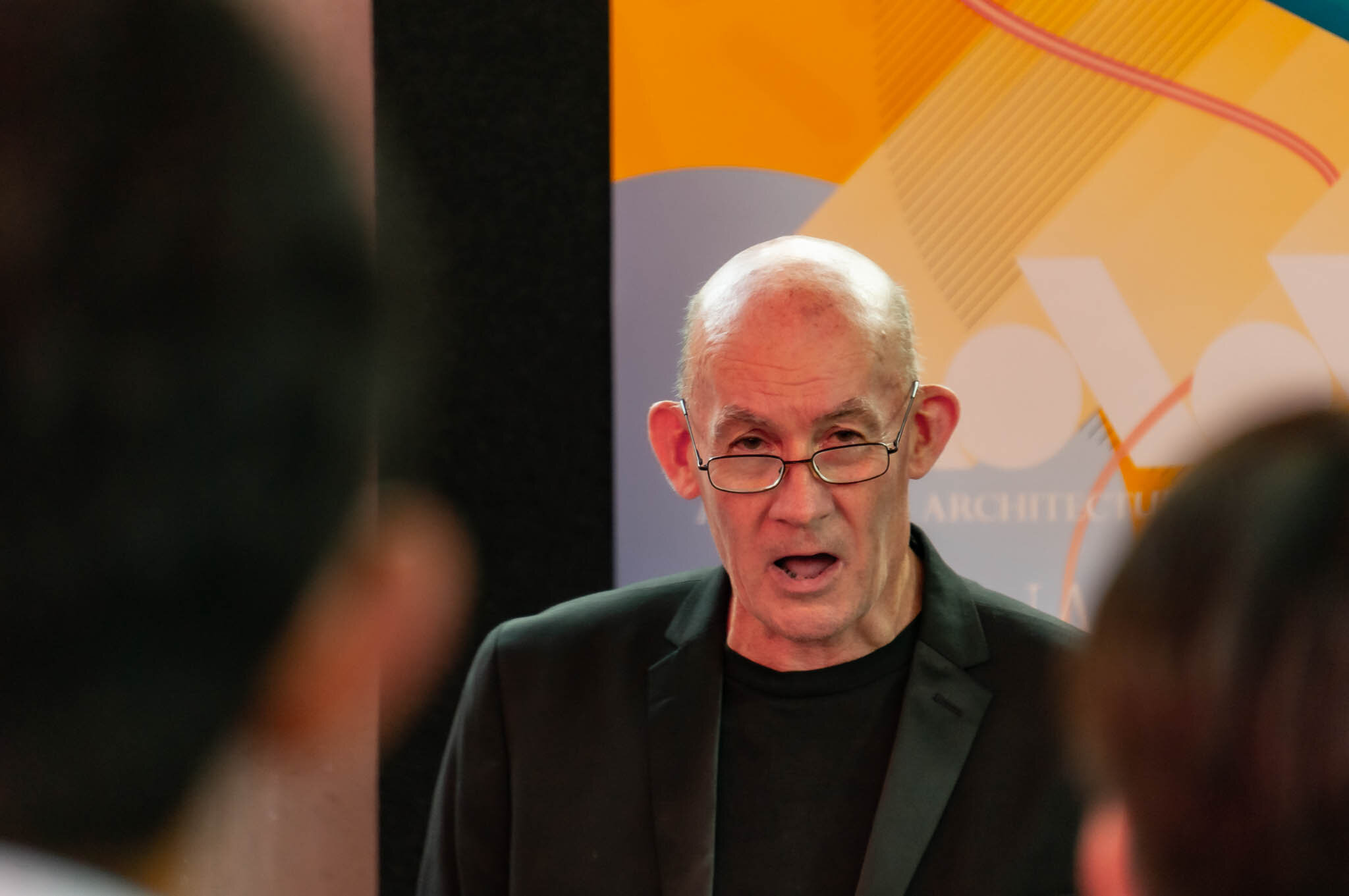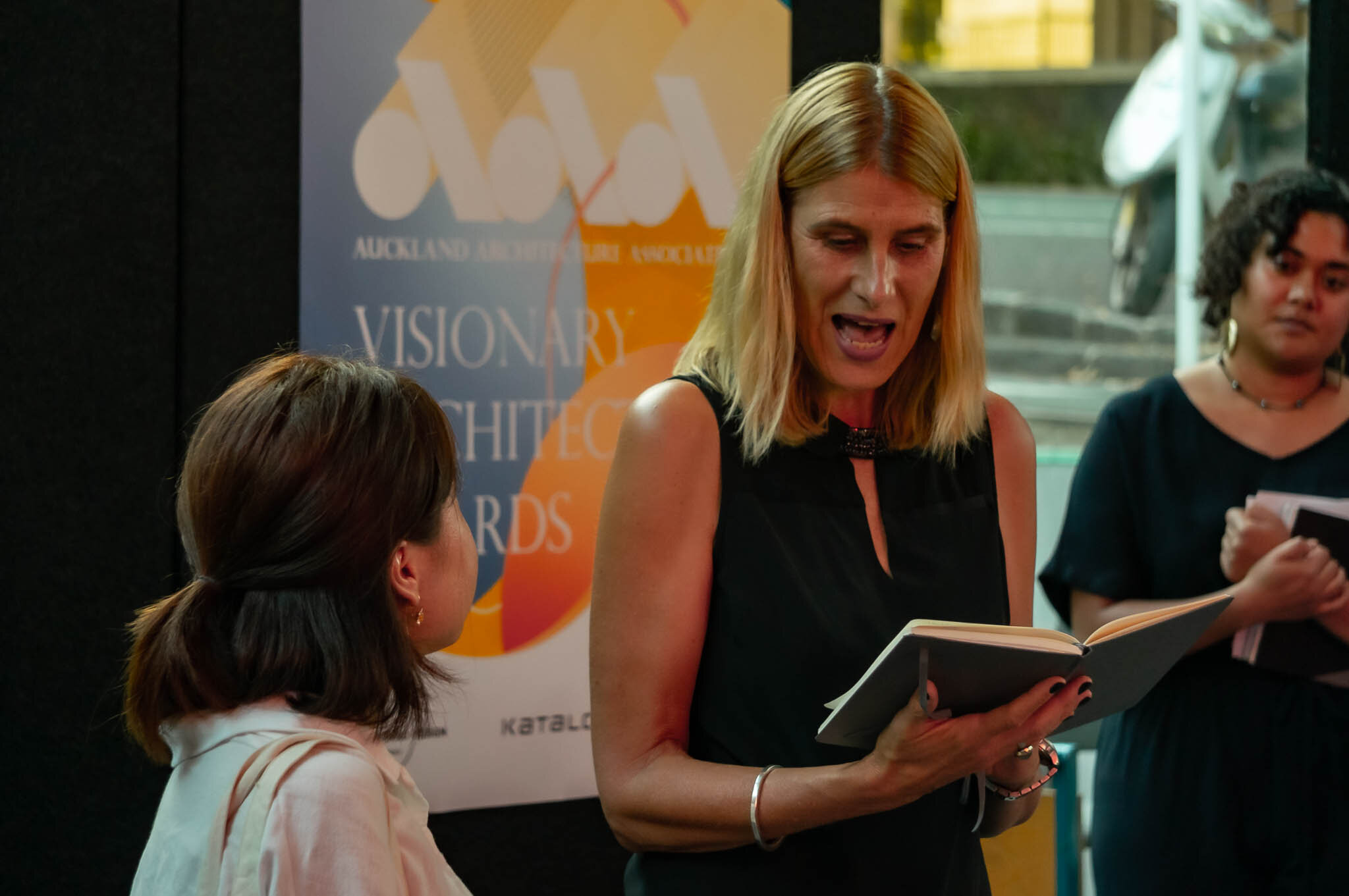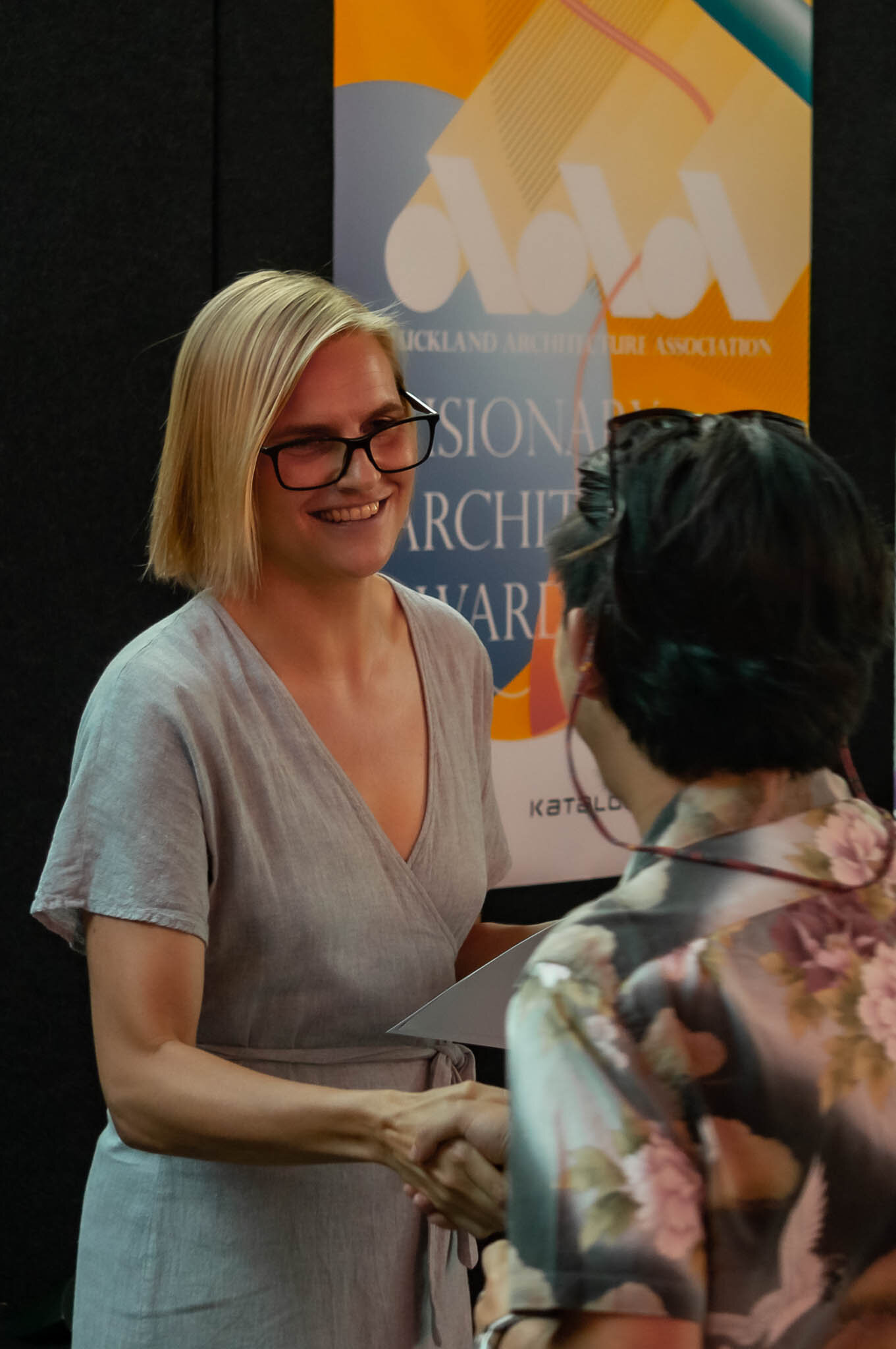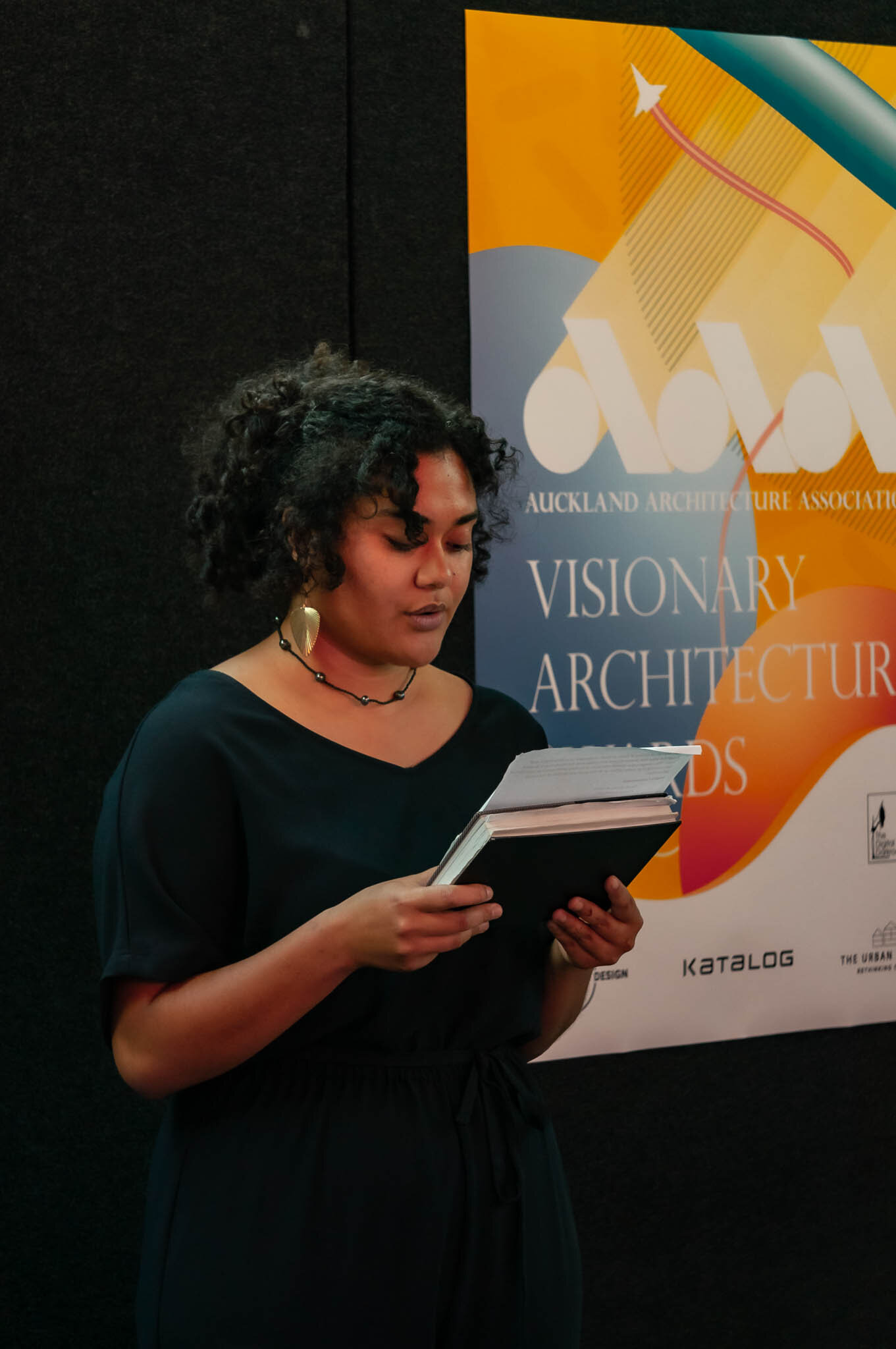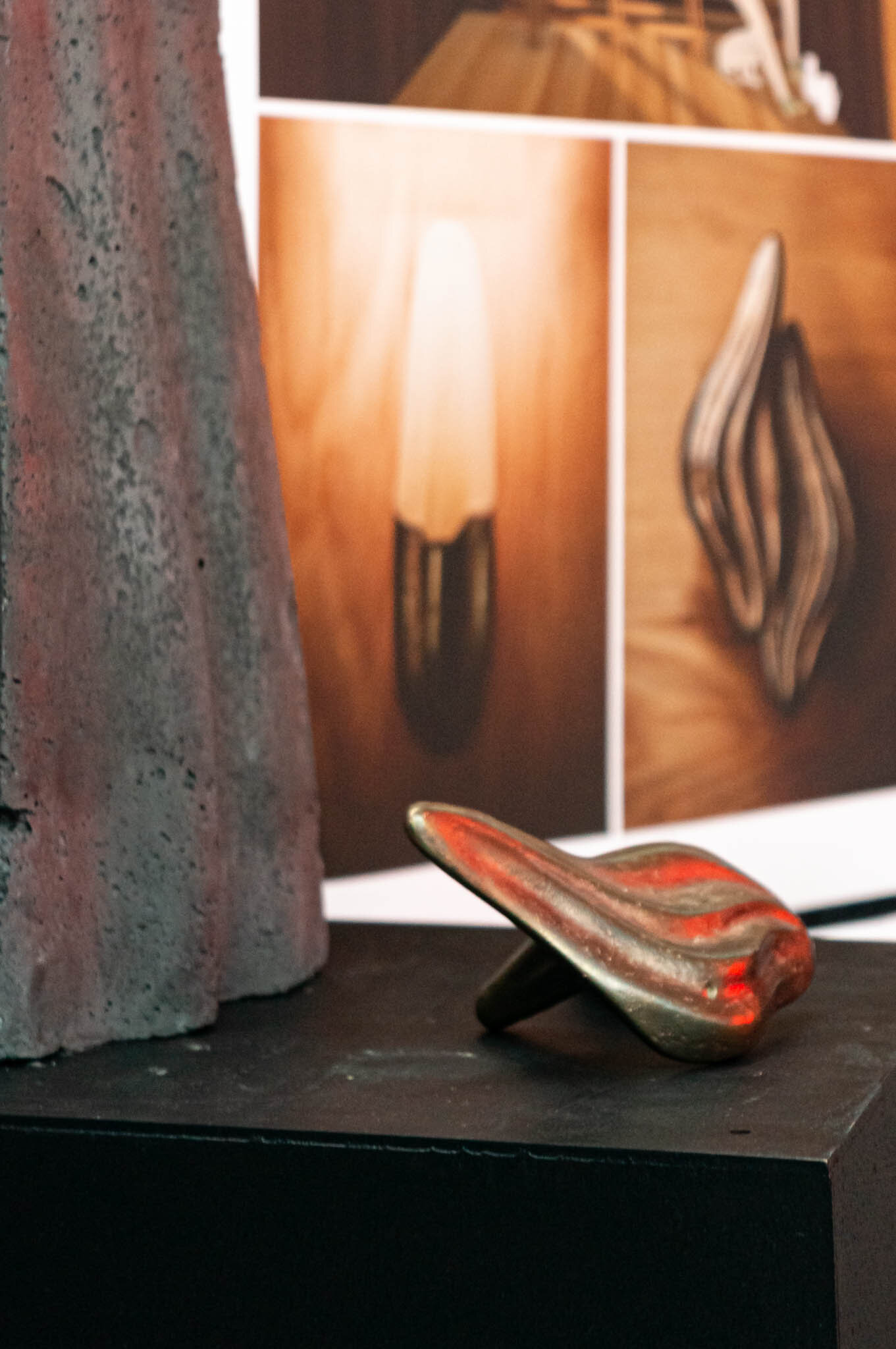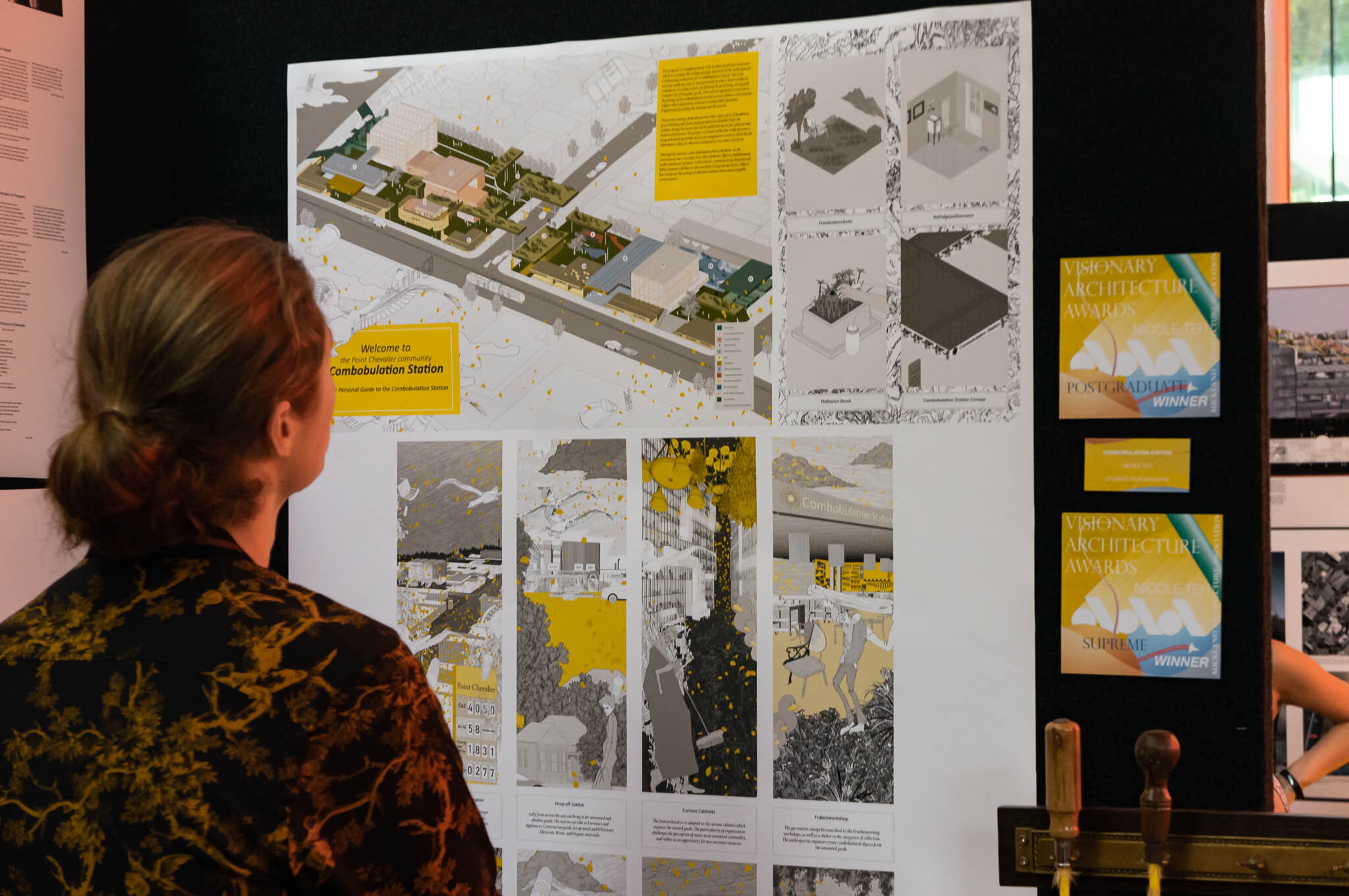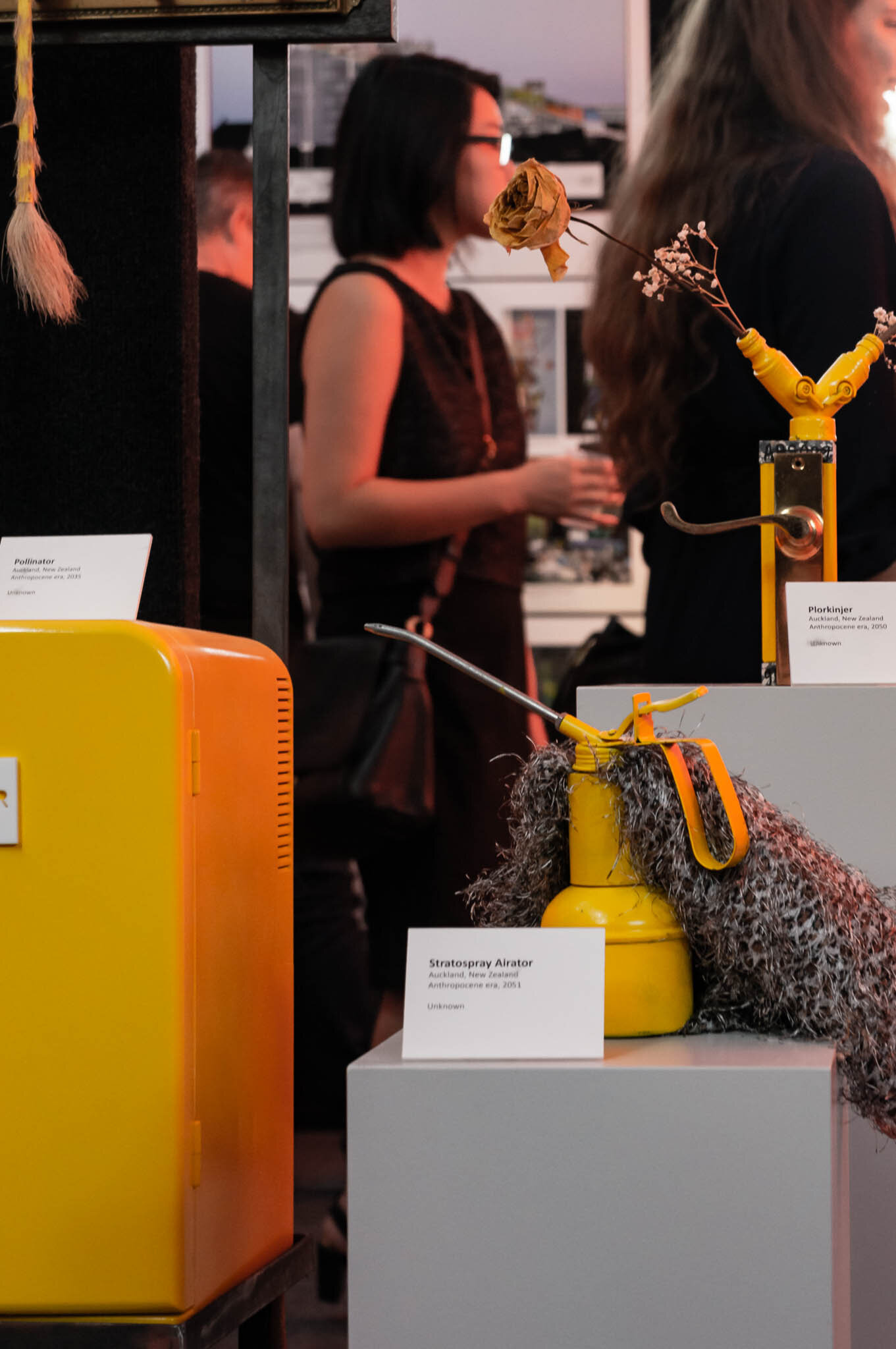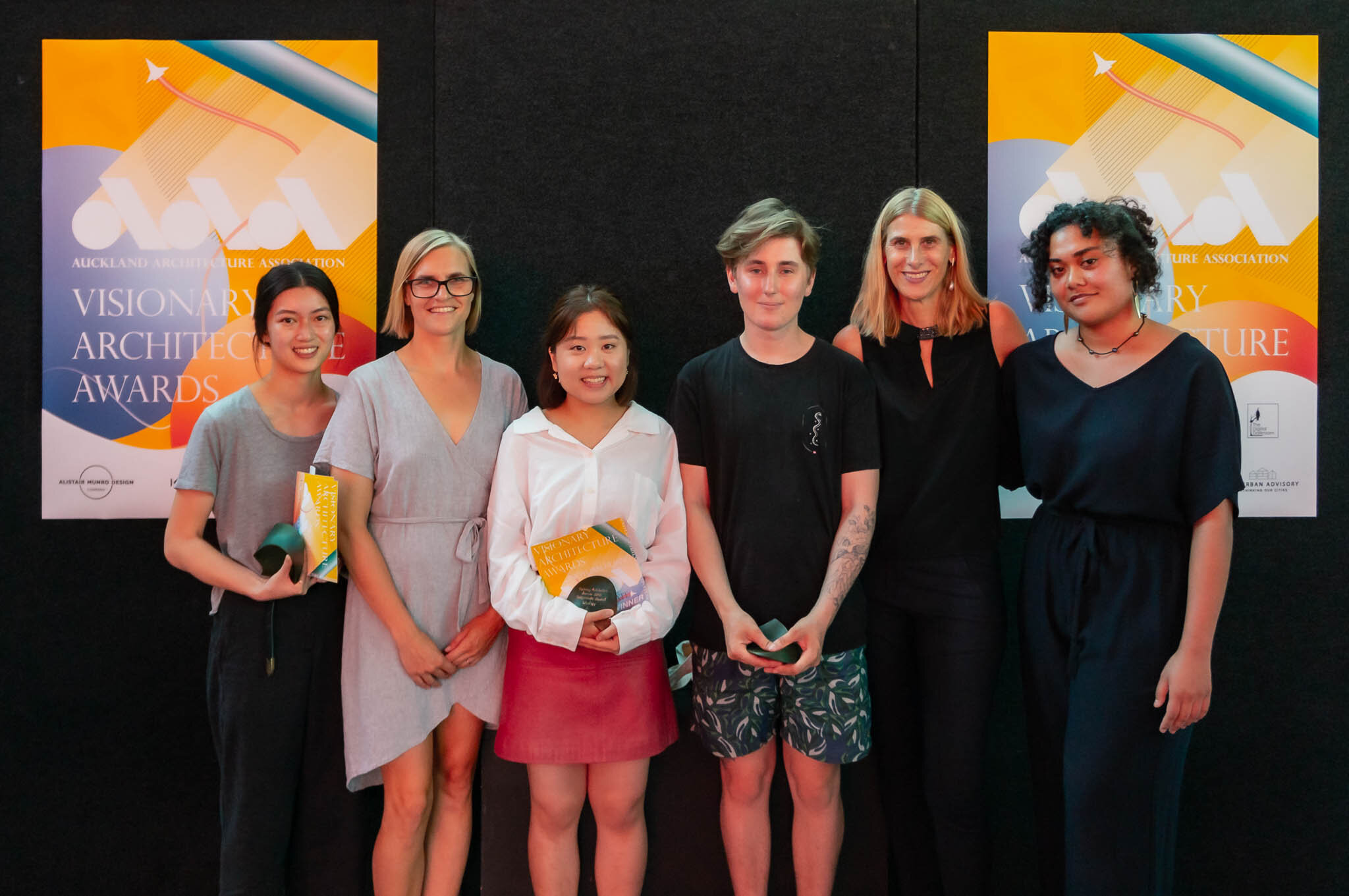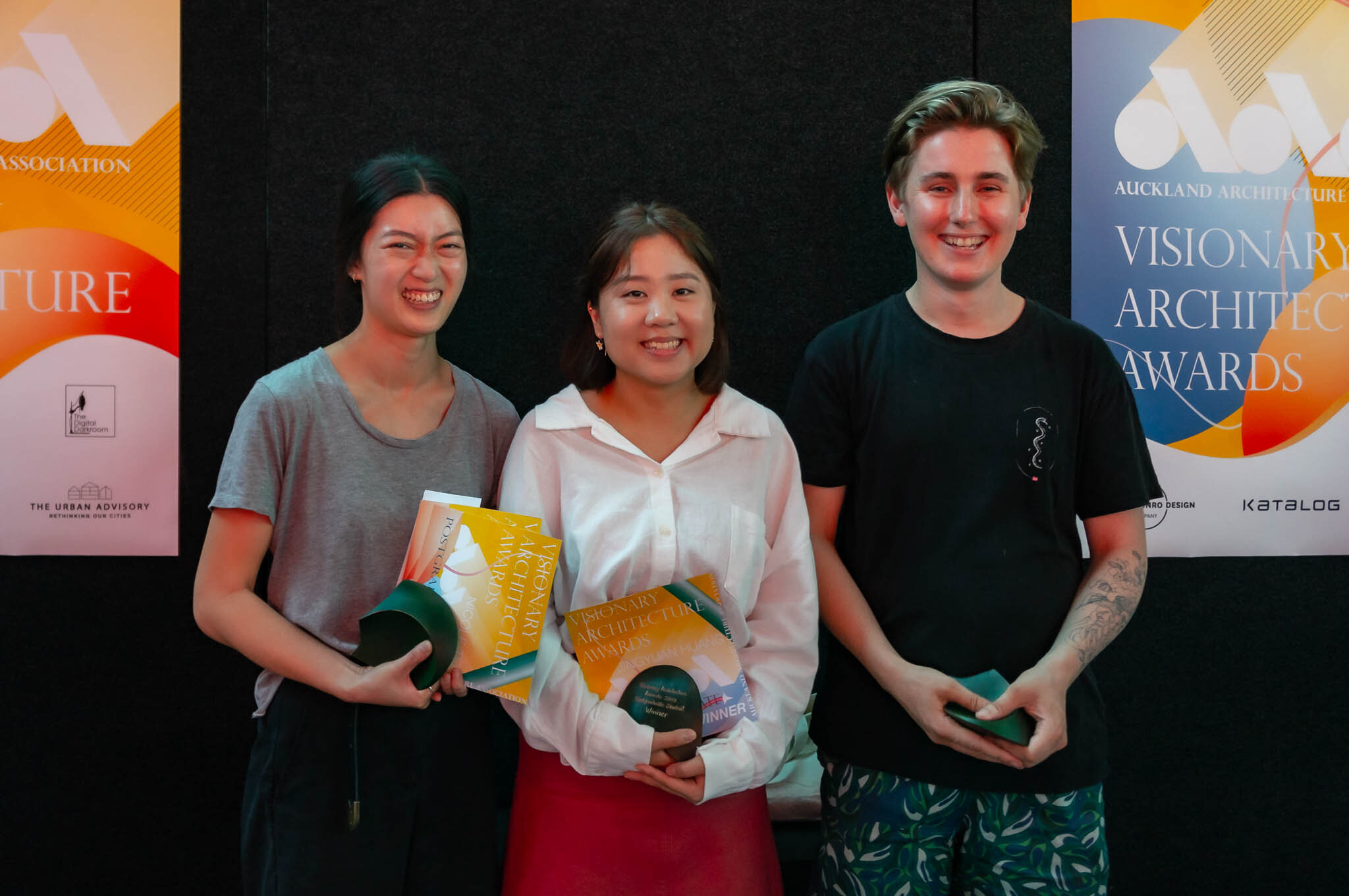Visionary Architecture Awards 2019
Nicole Teh’s “Combobulation Station: Uncanny Architecture for Uncommon Objects” was the big winner at Auckland Architecture Association’s Visionary Architecture Awards 2019, held for the first time in February to kick off the new year. The awards night was a chance to catch up with old and new faces, and celebrate a strong body of collected work from the past year.
This year’s judges were Felicity Brenchley (Ākau), Magdalena Garbarczyk (CZYK Studio and Unitec), Gina Hochstein (University of Auckland) and Icao Tiseli (Jasmax). Thanks must go as always to our supporters, and in particular to The Digital Darkroom for the printing.
The Winners
Open: Conceptual
Codex of the Third Landscape by Dan Castro
“Through rigorous extractions of our elemental conditions this project identifies the landscapes of our environmental worlds, as an active participant in this design. The design interventions illustrate the tactility of site as the six conditions facilitate and inform the architecture. However, architectural intervention is not the sole objective of this project and in its stance, this provokes a strong position that is relevant to us. Architecture becomes the negotiated party against the nature of these landscapes. This project plucks, pulls and explodes each earthly component critiquing how site is in both the minute occurrences of the whole. It destabilizes the concept of site being hosts in our practice we embrace its raw nature bringing forth the codex of the Third Landscape.”
Runner up:
An Anthology of Fictional Objects by Cameron Spicer
Te Waka Huia by Jesse Ewart, Tyler Harlen, and Jason Tan
Highly Commended:
Death and Life of Flora by Akiko Liyanage
Protest Academia by Jeremy Priest
Open: Work in Progress
Te Whanau Hou Hut by WIlliam King
“Te Whanau Hou Hut is highly considered and deliberate in its celebration of craftsmanship. Displaying a sensitivity to human scale and an understanding that details matter, that we should be building well, regardless of the limitations of budget. Acting as a subtle critique of consumerism, the mass-produced and easily attained is deliberately rejected in favour of the bespoke. Tactile components crafted from reclaimed materials become heirlooms, something to treasure, rather than dispose of once their initial purpose is fulfilled.”
Highly Commended:
The Wood Pavilion by Daniel Fennell, Wenhan Ji, Dorien Viliamu, and Leo Zhu
Student: Postgraduate
Combobulation Station: Uncanny Architecture for Uncommon Objects by Nicole Teh
This project also won the Supreme Award for the best work overall
“As the title suggests, the Combolutation Station reinvents objects of the Anthropocene through an architectural investigation of a community recycling centre. By reassembling familiar items into new uncanny tools for climate change, the proposal triggers a reflection on the traces we leave, from objects to urban developments. It is a powerful yet subtle critique of the current conversation about the ecological crisis, communicated in a captivating visual language that feels familiar yet new; a distorted version of reality. Combobulation Station offers an immersive experience of a visionary development of our epoch which, although represented as a fictional proposal, confronts us with the reality of our profession’s significant anthropocenic footprint.”
Highly Commended:
Happy Hour at the Grogzone by Maito Akiyama
Faith in Fiordland by Abdallah Alayan
Childish Architecture in the City by Finn Forstner
Six Monuments from the North by Jihwan Jeon
Finding the Mauri by Emily Zheng
Student: Undergraduate
Between Art, Activism and Architecture by Jingyuan Huang
“The winner has a deep understanding of the work of the artist Ai Wei Wei’s strong political agenda and at the same time architecturally resolved spaces. There was a cohesive nature between the act of protesting and protesting via architecture and the implementation of Ai Wei Wei’s political stance. Refreshingly provocative, especially at the undergraduate level, demonstrating a high degree of sophistication - balancing visionary thinking about current political issues with a convincing architectural proposal.”
Runner up:
The Demise by Mikaela King
Kāmura; Carpentry Guild & Workshop by Tane Pamatatau-Marques
Highly Commended:
Te Kahui - A House and Studio for Ralph Hotere by Matthew Connelly
